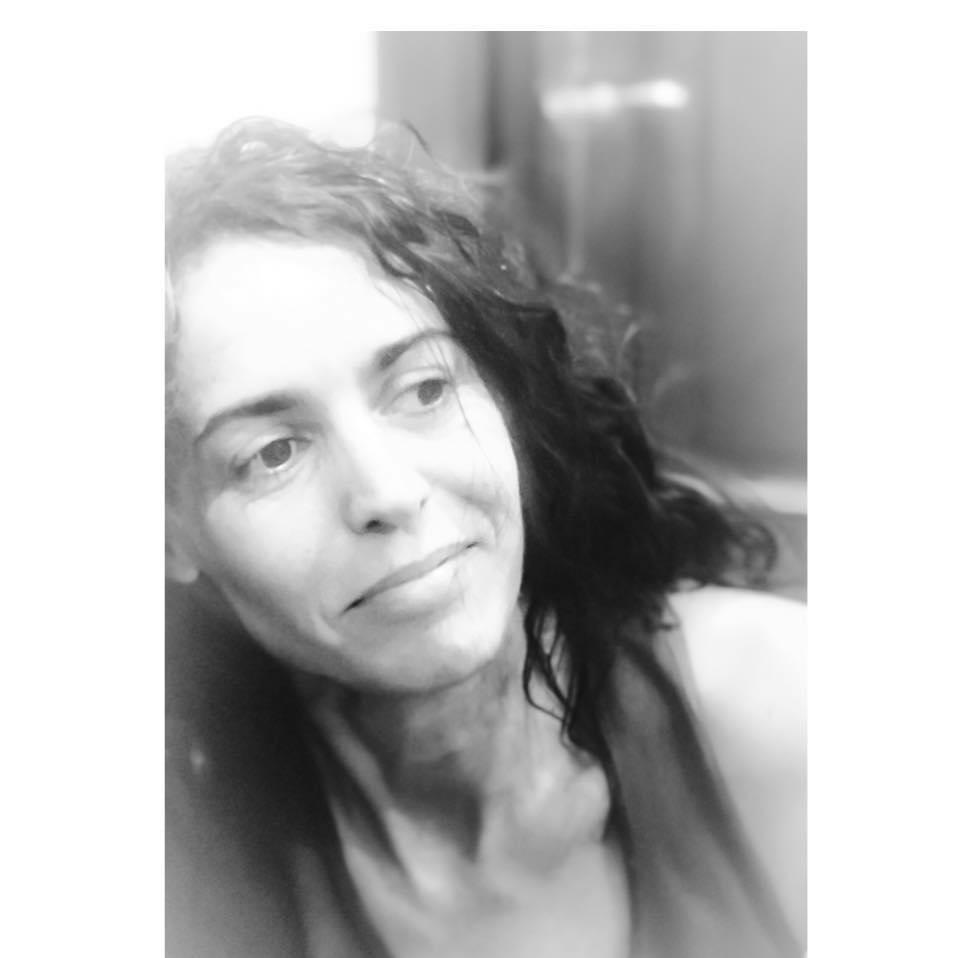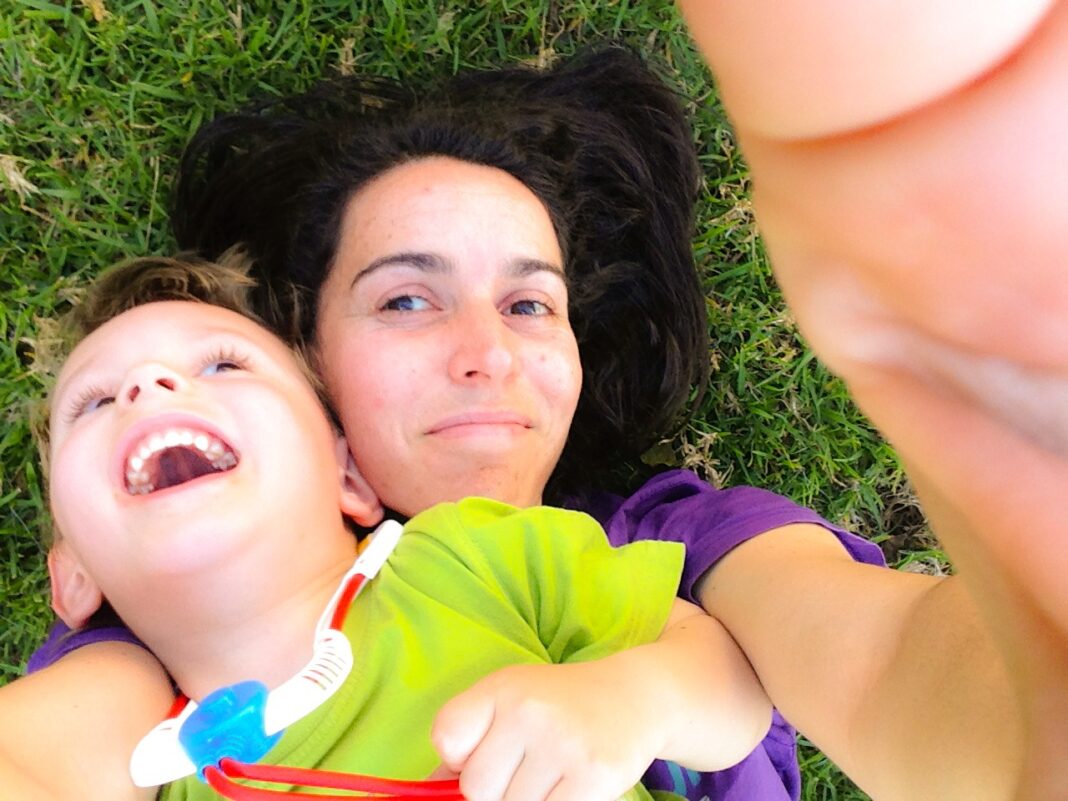Spain. Madrid. Maria Sanchez, a 42-year-old robotics engineer, knew early on she wanted to give birth and experience motherhood. At the age of 33, she and her former wife started considering their options. They visited multiple fertility clinics where, in her opinion, “it seemed they barely knew what a lesbian was.” María then designed a process herself and started looking for donors. Nine years later Maria shares her story and her vision of family love with Transcontinental Times.
LGTBQ families and planned parenthood
“I knew I wanted to feel motherhood’s unconditional love. I also knew that waiting for the perfect person…consumes time. I had thought about doing it alone before, and I could have done it. When I decided to go for it I had a partner, so we did it together.”
At that time no clinic in Madrid offered a fertility process for LGTBQ families. In Vitro Fertilization (IVF) can be long and stressful for which a supportive environment is crucial. “In one clinic they wanted us both to do fertility tests when only I was getting pregnant. In another one, I was asked in front of my wife if I was a virgin. A virgin! I don’t think they were malicious or discriminatory. I believe the problem was one of ignorance.”
In recent years, Madrid has seen the integration of LGTBQ-oriented fertility processes in clinics. Maria says that regardless of the multiple misconceptions, she does not remember it with resentment. The problem was elsewhere. “To create human life is the most serious thing you can do. In the clinics, we could only choose the child’s race and avoid near-sightedness. That does not cover what you need to know about a donor.” She posted an ad in related forums, and donor proposals flooded in.
Maria’s donor selection process
Maria applied her analytical skills and conducted thorough interviews with several candidates for over a year. The inspiration for such thoroughness was simple: “How do you know if a donor is a good person?” Her criteria included intelligence and a rich personality. And since she trusts her body’s wisdom, she also required that there was a physical attraction. She was adamant about beautiful feet and a small-headed donor. “Piece of advice, a smaller head is more manageable during birth. I can identify good donors miles away now,” she adds laughing.
A match was found: The father, a physicist and cello player, is married and had a child already. She offered money in her ad, but the father refused. It was such a trusting and open process that he confessed he would have felt uncomfortable accepting money. They discussed his role in their son’s life conscientiously.
They agreed that no contact would be made between the child and the father. None. “We were very careful stating the scope of the interaction: no rights, no compensation, no intervention. I send him pictures sometimes, and sometimes we talk on the phone. Boundaries are very clear though, and we both agree to keep them like this.”
Maria inseminated herself in the back seat of her car and got pregnant straight away. Alistair was born healthy nine months later. Her wife decided to use the same donor’s sperm and she gave birth to twin girls.
Maria’s inclusive family
“Because [my wife and I] separated, the kids have four mothers, but we have a trusting relationship. Our children face challenges, of course, they are different! Sometimes when they say this, teachers think they are pulling their leg. If they encounter phobias and discrimination they will have the tools to face them. It is an opportunity for them also.”
All the children are nine years old now, and they haven’t as yet posed questions about their father. They know the story as close to reality as they can understand. Maria is very clear that when her children ask, she will be honest. “And if they want to meet him eventually, well, I’ll talk to him, and I’ll facilitate it. I want to do this right.”

Doing it right: honesty, responsibility, and coherence
Maria makes decisions in her life that implement how she would like the world to be. She strives for justice, fairness, and honesty, even if it goes against her interests. She feels proud of her choices, like earning 20,000€ less per year to spend more time with her children.
“I think it is vital to be generous and courageous and let people express themselves. To share your story, to show that you can serve as an example to others.”
“I had never stated my sexual preferences until I got pregnant.” Until then her co-workers had no clue she preferred women. Now she shares her life choices openly and respectfully. For Maria there is no right kind of love: “Love always adds and there are many different types of love. No love is better than any other, and all types can co-exist. Diversity is enriching and that’s also why it’s important to be open and share the love.”
Whatever lies ahead, whatever choices María and her family will have to make, they will surely be coherent with their ideals and respectful of their children. The steps they have taken so far portray the personal vision of the world they want to live in. A world where love and authenticity are a gift, and not a threat. A world where black and white judgments lose importance and life’s enriching nuances are accepted.



